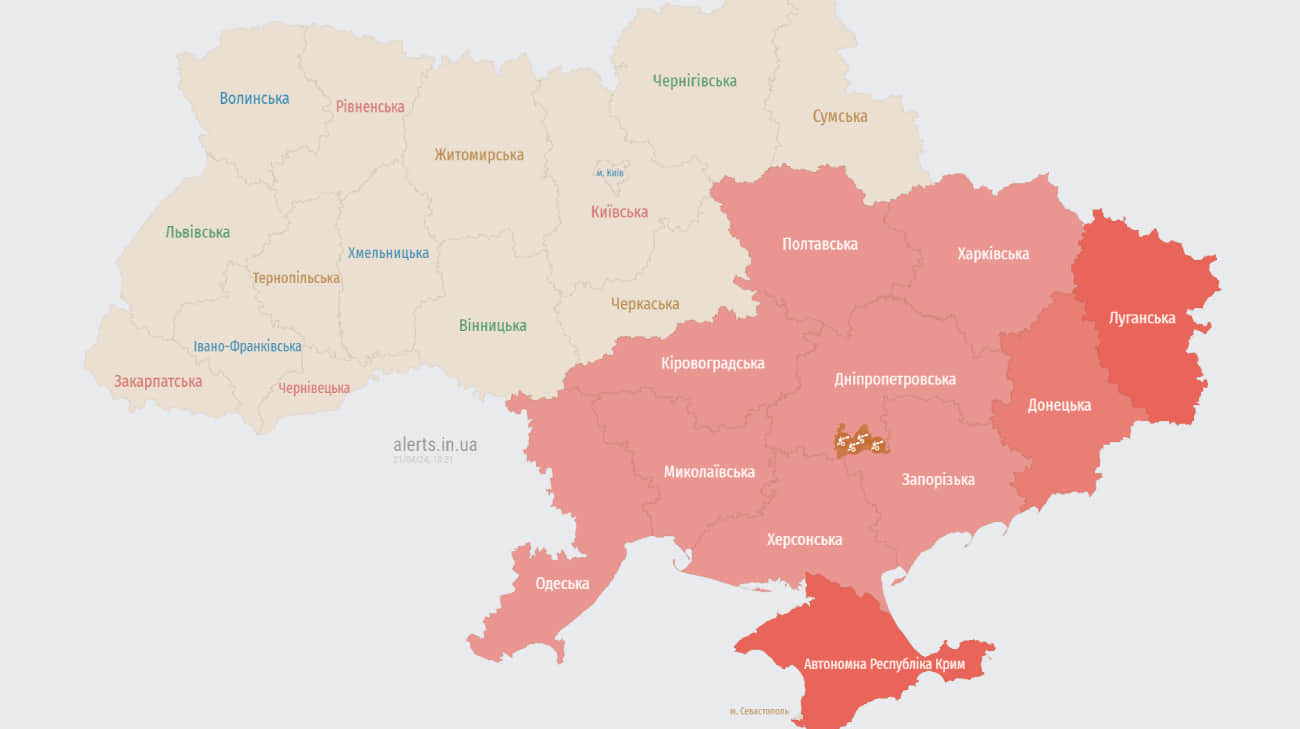1st Anniversary of Ethiopia’s Cessation of Hostilities Agreement
Antony J. Blinken, Secretary of State A year ago in Pretoria, the African Union and the AU High-Level Panel working with observers from the Intergovernmental Authority on Development (IGAD), the United Nations, and the United States facilitated the Cessation of Hostilities Agreement (COHA) between the Government of Ethiopia and the Tigray People’s Liberation Front (TPLF). The Agreement silenced the guns and ended a horrific two-year war that killed hundreds of thousands and forced millions to flee their homes. Today, on the first anniversary of the COHA, the United States remembers those who lost their lives and suffered atrocities. We also recommit to supporting peace and justice for all Ethiopians. The United States welcomes the significant progress made on COHA implementation, including the establishment of the Tigray Interim Regional Administration, resumption of essential services, provision of humanitarian assistance, facilitation of access for international human rights monitors in Tigray, and implementation of the AU Monitoring, Verification, and Compliance Mechanism. The government and Transitional Justice Working Group of Experts have taken important steps toward the establishment of a national transitional justice policy. It is important, however, to acknowledge the challenges that remain. While TPLF forces have disarmed their heavy weapons and begun to demobilize, more actions are needed to bring lasting peace and stability to Tigray. Eritrean forces must fully withdraw. Both Ethiopia and Eritrea must refrain from provocation and respect the independence, sovereignty, and territorial integrity of all countries in the region. We also remain concerned about ongoing conflicts – in Amhara, Oromia, and elsewhere – that threaten Ethiopia’s fragile peace. Continued human rights violations and abuses by multiple actors and the circulation of toxic rhetoric further erode a social fabric worn thin by war. Looking ahead, the United States stands ready to support concrete action to advance implementation of the COHA – including a comprehensive disarmament, demobilization, and reintegration program – and to promote peace, justice, prosperity, and accountability nationwide. We encourage the publication and implementation of a credible, inclusive, and victim-centered national transitional justice policy. We urge continued investment in an inclusive and genuine national dialogue. We also urgently call for dialogue to address the conflicts in Amhara and Oromia. The United States remains steadfast in its commitment to working with the Ethiopian government and people toward our shared goal of a united, peaceful, and prosperous Ethiopia.

Antony J. Blinken, Secretary of State
A year ago in Pretoria, the African Union and the AU High-Level Panel working with observers from the Intergovernmental Authority on Development (IGAD), the United Nations, and the United States facilitated the Cessation of Hostilities Agreement (COHA) between the Government of Ethiopia and the Tigray People’s Liberation Front (TPLF). The Agreement silenced the guns and ended a horrific two-year war that killed hundreds of thousands and forced millions to flee their homes. Today, on the first anniversary of the COHA, the United States remembers those who lost their lives and suffered atrocities. We also recommit to supporting peace and justice for all Ethiopians.
The United States welcomes the significant progress made on COHA implementation, including the establishment of the Tigray Interim Regional Administration, resumption of essential services, provision of humanitarian assistance, facilitation of access for international human rights monitors in Tigray, and implementation of the AU Monitoring, Verification, and Compliance Mechanism. The government and Transitional Justice Working Group of Experts have taken important steps toward the establishment of a national transitional justice policy.
It is important, however, to acknowledge the challenges that remain. While TPLF forces have disarmed their heavy weapons and begun to demobilize, more actions are needed to bring lasting peace and stability to Tigray. Eritrean forces must fully withdraw. Both Ethiopia and Eritrea must refrain from provocation and respect the independence, sovereignty, and territorial integrity of all countries in the region. We also remain concerned about ongoing conflicts – in Amhara, Oromia, and elsewhere – that threaten Ethiopia’s fragile peace. Continued human rights violations and abuses by multiple actors and the circulation of toxic rhetoric further erode a social fabric worn thin by war.
Looking ahead, the United States stands ready to support concrete action to advance implementation of the COHA – including a comprehensive disarmament, demobilization, and reintegration program – and to promote peace, justice, prosperity, and accountability nationwide. We encourage the publication and implementation of a credible, inclusive, and victim-centered national transitional justice policy. We urge continued investment in an inclusive and genuine national dialogue. We also urgently call for dialogue to address the conflicts in Amhara and Oromia.
The United States remains steadfast in its commitment to working with the Ethiopian government and people toward our shared goal of a united, peaceful, and prosperous Ethiopia.



